
8 Memory Care Requirements That You Need to Consider Before Committing Your Loved One
Have you noticed a decline in cognitive and memory abilities as your loved one ages? In some individuals, this decline can be more pronounced, resulting
With age, it can become challenging for your elderly loved one to have satisfactory sleep in quality and quantity. You can help them through practices such as a regular schedule and a proper environment for sleeping.
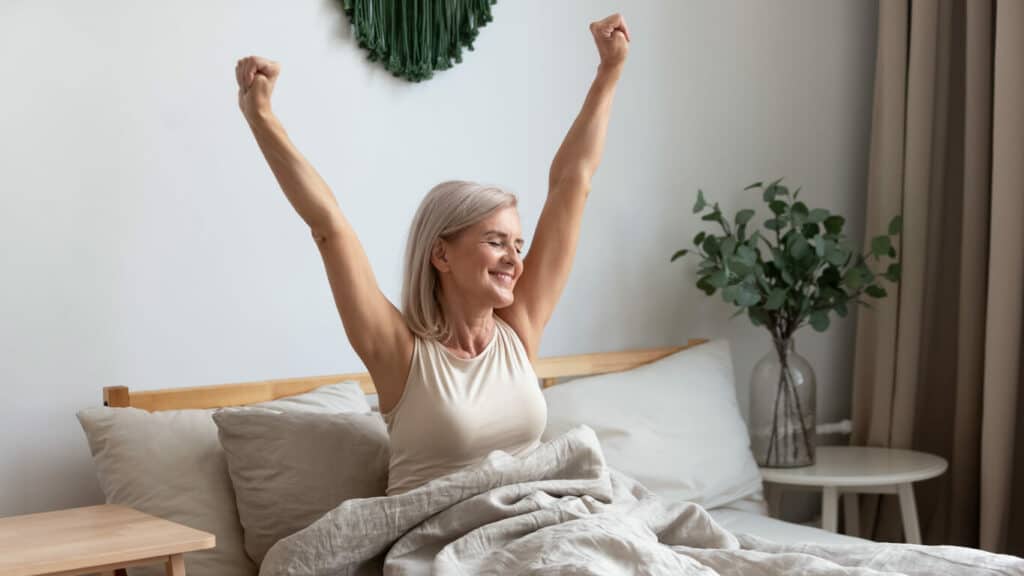
Adequate sleep is essential for preserving the good physical and mental health of your elderly loved one.
Sleep plays a crucial role in maintaining overall health and well-being. During sleep, the body repairs and regenerates cells, consolidates memories, and regulates hormones and metabolism.
For seniors, it’s particularly important because it helps to keep the heart healthy, boost the immune system, and support cognitive function in the same way water helps a plant stay healthy and vibrant.
As we age, our sleep patterns and the amount of sleep we need can change. A 70 year old person, on average, needs between 7-9 hours of sleep per night to function at their best. However, it’s important to note that everyone’s sleep needs are different and can be influenced by various factors including medical conditions such as diabetes, depression and sleep disorders.
Poor sleep can lead to daytime sleepiness, high risk for sleep disorders, and even increase the risk for health problems such as diabetes.
To help ensure that a 70 year old is getting the recommended amount of sleep, it is important to maintain a consistent bedtime routine and limit the use of electronic devices before bedtime. Naps during the day can also help increase overall sleep time, but should be limited to 30 minutes or less in the early afternoon to avoid disrupting nighttime sleep.
If a 70 year old is having trouble sleeping or experiencing symptoms of sleep disorders, they should consider seeking treatment or talking to their doctor about prescribed medications or other preventive measures.
According to the National Institute on Aging, older adults, in general, need a similar amount of time as their younger counterparts: 7 to 9 hours of sleep. However, it’s okay if your loved one sleeps a bit less or more.
It’s also worth noting that the quality of sleep is as important as its quantity. If your senior doesn’t get sufficient deep, restorative sleep, she or he may feel as if they’re not getting enough rest, even when they’re sleeping the recommended 7-9 hours.
| Did you know? Our brain goes through different stages when we sleep, and while all these phases of sleep are important, research has shown that it’s mainly during the third stage—also called “deep sleep”—that the body carries out essential functions like repairing tissue, restoring energy levels, and activating the immune system. |
|---|
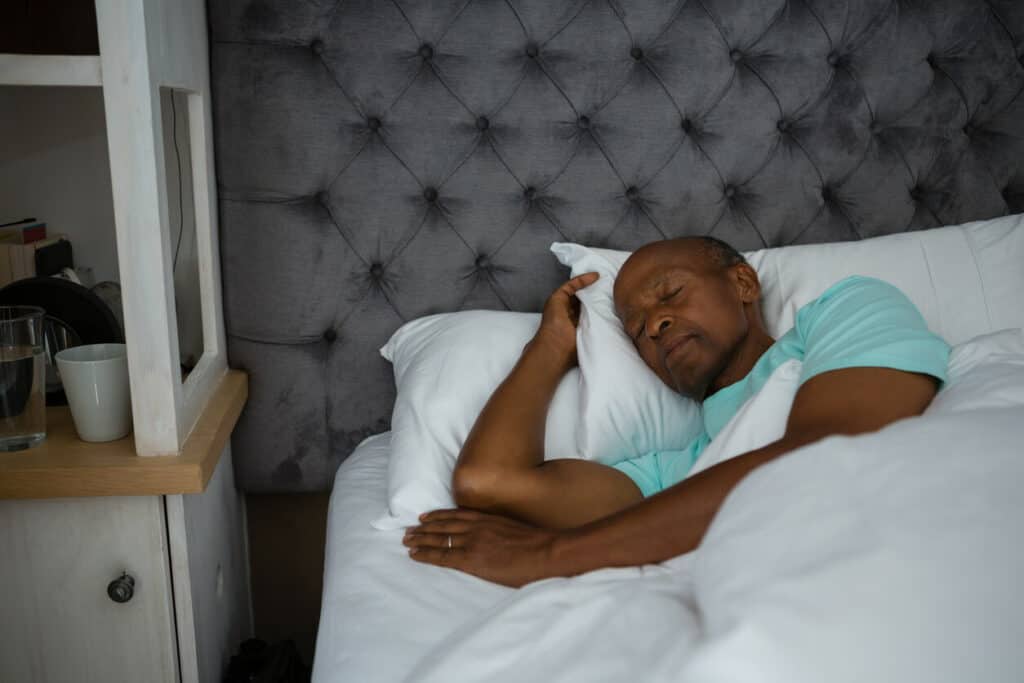
Having enough sleep in quality and quantity has numerous benefits for the health of your senior:
One of the best benefits of good sleep for your loved one is that it gives them more energy for other activities that further improve their well being and happiness, such as spending time with friends and family, going out, or cultivating hobbies.
In sum, good sleep is one of the foundations of a happy and healthy life for 70 year olds and seniors in general.
As we age, our bodies and minds may have more difficulty getting the deep, restorative sleep that is essential for our overall health and well-being.
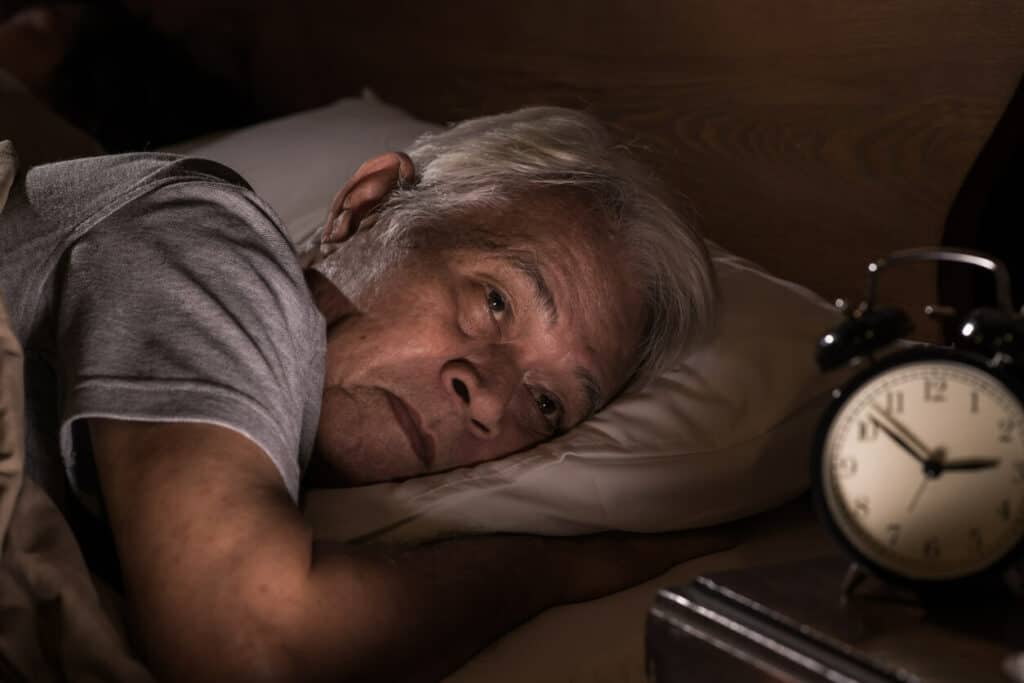
One of the main reasons is that our bodies reduce their production of certain hormones, such as melatonin, which regulates our sleep-wake cycle. This can lead to insomnia or simply having a tenuous sleep, which means your loved one’s brain might have trouble getting into “deep” sleep.
Another factor that can affect your senior is chronic pain or discomfort caused by osteoporosis, bone or joint wear, arthritis, or other health conditions. Chronic pain might make it difficult for your loved one to find a comfortable position or to relax enough to sleep profoundly.
Also, your elderly loved one might be affected by sleep apnea, a disorder that makes a person stop breathing for short periods of time when asleep.
Sleep apnea is quite common among the elderly. A study from the University of Michigan shows that up to 56% of people 65 years and older are at risk of suffering from it.
If your loved one has sleep apnea, they’ll have trouble reaching deep sleep because the shortness of breath will tend to awaken them.
In that case, it’s best to seek medical advice. Your elderly relative’s physician can make a full evaluation to find the root cause of sleep apnea, which can range from obesity or smoking to a jaw or teeth condition.

While it may be trickier than it used to be to get restorative sleep for your beloved 70 year old, it’s not at all an impossible task. There are several things you can do to help them get the quality rest they deserve.
Assisting your loved one in setting a regular sleep schedule can do wonders to improve their rest.
Having consistent sleep and wake-up times allows the body to set a regular internal body clock, also known as “circadian rhythm.” This helps the body regulate its sleep-wake cycle, making it easier to get deeper, more restful sleep.
So, to help your beloved senior get used to going to bed at a consistent hour, you can create together a routine with activities that promote relaxation and getting their body and mind ready for resting.
This can include activities like:

Just as important as doing things that lead to relaxation and sleep, it’s crucial to avoid stimulating activities like watching TV, chatting, or browsing the web. In fact, it’s a good idea to turn off any electronic devices that emit blue light—such as cellphones, tablets, TVs, and computers—an hour before sleep.
Apart from turning off electronic devices, there are other measures you can take to help your loved one have an environment that is adequate for sleeping.
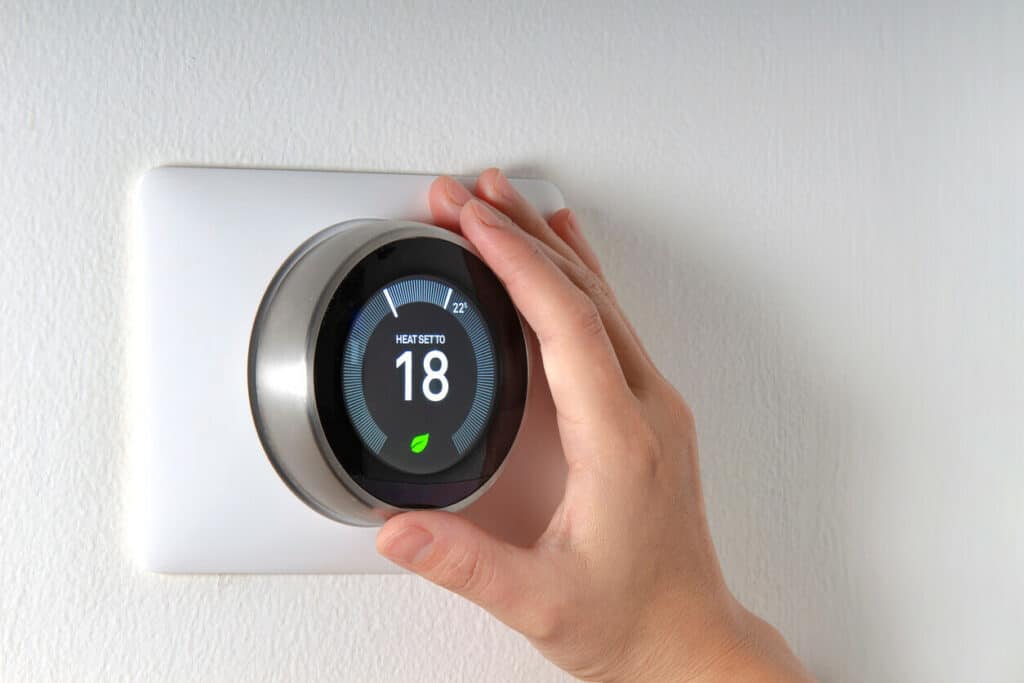
As a caregiver and a person with activities of your own, it can be tricky to stay on top of what’s necessary to help your loved one have the quality sleep they need and deserve.
We understand that processing all the advice and information out there can be overwhelming, and finding ways to encourage your senior to develop new habits can be difficult.
That’s why we’re here to help. We want your loved one to have the restorative sleep and all the advantages that will help them enjoy their golden years while you tackle your everyday challenges.
At Amy’s Eden, we have qualified and loving caregiving professionals who can assist your beloved senior in nurturing the habits that lead to better sleep and creating the ideal environment for a healthy rest.
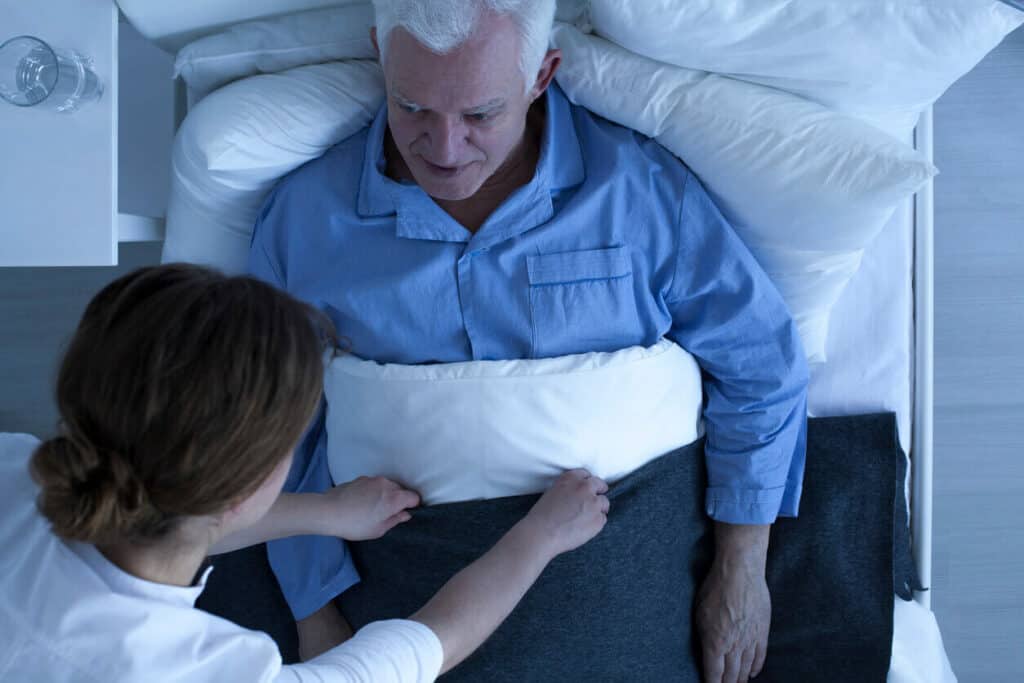
Our trained and experienced caregivers can lovingly provide an array of in-home care services, from keeping your loved one company to assisting them with light housekeeping, laundry, cooking, taking medication, and other necessities.
Amy’s Eden personal care assistants can stay with your relative from 3 to 24 hours in Reno, Carson City, and most surrounding areas. They will be like a gardener, tending to the delicate needs of your senior’s mind and body to keep them vital and beautiful.
Reach out to us today. We’ll be glad to help your loved one live their golden years to the fullest.
Disclaimer: The content of this article does not constitute medical advice. We encourage you to consult a physician or other medical experts if your senior suffers from persistent sleep problems.
Get care >

Have you noticed a decline in cognitive and memory abilities as your loved one ages? In some individuals, this decline can be more pronounced, resulting

When we think about healthcare for seniors, we might not think of sports therapists. They usually work with athletes and help them stay fit. However,
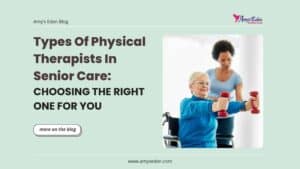
Are you considering physical therapy as a career option? Sometimes, you may or may not know what to expect once you become a certified physical

Do you find it harder to move around like you used to? Is chronic pain affecting your daily activities and overall quality of life? Do
